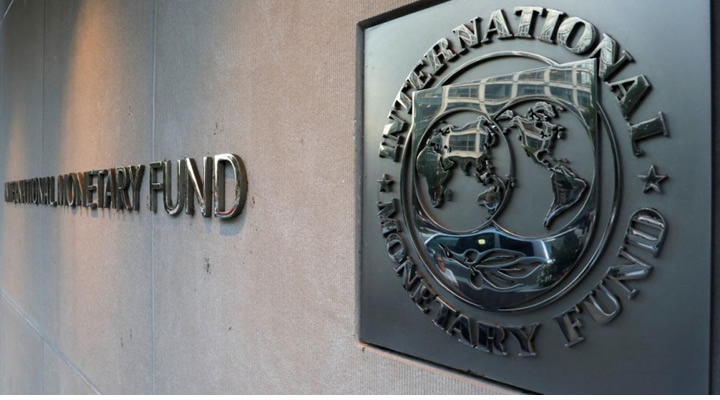
The International Monetary Fund has said the index weights and basket deployed by the National Bureau of Statistics for the monthly consumer price index are extremely outdated.
It noted that what NBS presents does not provide a true representative of expenditures patterns.
This was according to the latest IMF report titled ‘Nigeria: 2022 Article IV Consultation-Press Release; Staff Report; and Statement by the Executive Director for Nigeria’.
In the report, the IMF stressed the need for the NBS to use new weights from the 2018 National Household Livings Standards rather than from the 2003/04 National Consumer Expenditure Survey.
It warned that outdated weights can lead to bias in the index presented by the NBS.
The IMF also noted that there is an ongoing effort for an updated producer price index but the funding for it is uncertain.
It added that the second African Regional Technical Assistance Centre in West Africa intends to support Nigeria in the CPI update and improvement.
The report read, “The official monthly consumer price index (CPI), a composite of urban and rural price data, is available on a timely basis. However, the index weights and baskets are based on expenditures derived from the 2003/04 National Consumer Expenditure Survey. The weights are severely outdated and are not representative of current expenditure patterns. Outdated weights can introduce a bias into the index.
“The update of the CPI—using new weights from the 2018 National Household Livings Standards Survey—is still ongoing. The compilation of an updated producer price index is ongoing but funding for the survey is uncertain. AFW2 plans to provide additional technical assistance to support the CPI update and improvements to Nigeria’s price statistics.”
In its most recent ‘Consumer Price Index’ for January 2023, the NBS said that in January 2023, the headline inflation rate rose to 21.82 per cent compared to December 2022 headline inflation rate which was 21.34 per cent.
January 2023’s inflation rate of 21.82 per cent is a 6.22 percentage point increase from January 2022’s rate of 15.60 per cent.
The NBS stated that January’s inflation was driven by increases in the prices of food items such as bread and cereal, potatoes, yam and tuber, vegetables, and meat, and rent.
However, experts have disagreed with the inflation rate figure presented by the NBS, noting that it is higher than what the statistic agency reveals.
In July last year, the Managing Director of Financial Derivatives Company, Bismarck Rewane, stressed the need for the NBS to reconstruct Nigeria’s inflation calculation.
According to him, the current food and non-food inflation figures do not reflect the economic realities in Nigeria.
He made this assertion at the July 2022 briefing captioned ‘Analysts Bemused, Markets Confused and Speculators Amused.’
The economist also projected Nigeria’s headline inflation to hit 44.51 percent if NBS reconstructs the current basket of goods for measuring inflation.
A professor of Applied Economics at Johns Hopkins University, Professor Steve Hanke, also argues that the actual inflation rate in Nigeria is worse than what is being reported by the NBS.
Based on Hanke’s Inflation Dashboard, the inflation rate in Nigeria was 52 per cent, not the 20.8 per cent official record reported for September 2022.
Hanke measured the inflation rate in Nigeria using high-frequency, free-market exchange-rate data in combination with Purchasing Power Parity theory.
The rapid depreciation of the naira in the black market was also factored into calculating the inflation rate.
The economic theory of PPP is commonly used to compare the economic health of countries.
The PPP measures are also used by global institutions such as the World Bank, United Nations, International Monetary Fund, and European Union.








